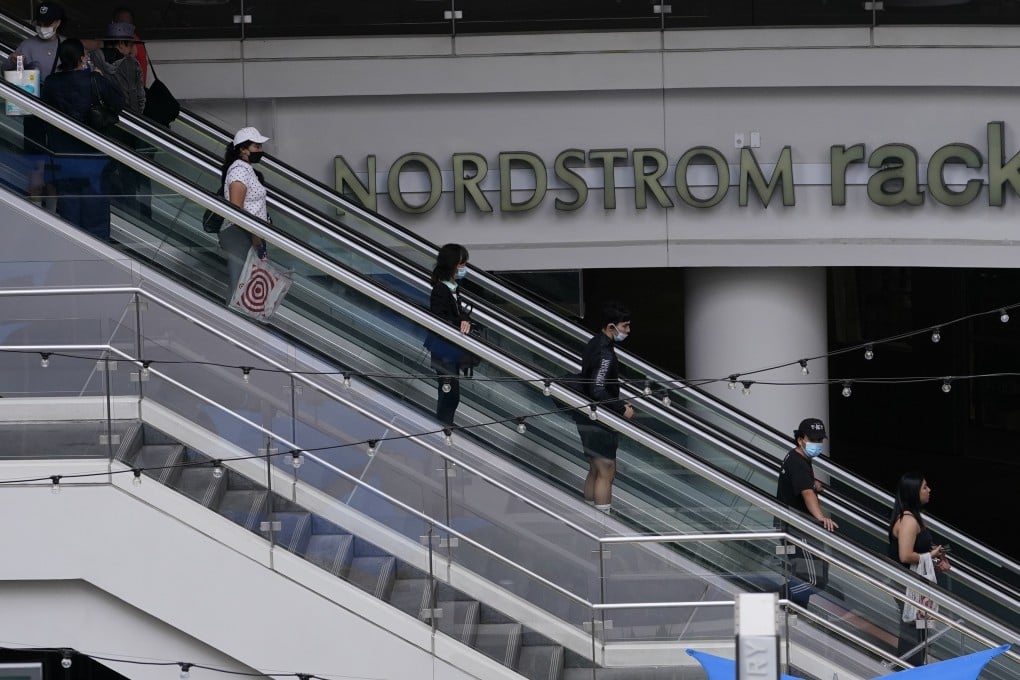Macroscope | Can we avoid a global recession? That largely depends on the US
- Falling consumer confidence and stock sell-offs have sparked concern about a growth slowdown in the US, which given its economic size could drag down the rest of the world with it
- However, a US downturn is not inevitable, especially given the healthy state of the labour market

Fears are growing that the global economy is about to fall into a recession, having only recently recovered from the last one. There are plenty of reasons to justify the worries. The energy crisis in Europe, the rising cost of living, the global fallout from China’s Covid-19 restrictions and the potential for central bank errors in overtightening policy all present threats to the growth outlook.
A broader definition applied by the US National Bureau of Economic Research – the official source for US recessions – is a significant decline in economic activity which spreads across the entire economy, lasts more than a few months and includes a variety of economic indicators to measure the decline, including the jobs market and consumer spending.
The ability and willingness of households to spend is paramount to the growth outlook, and that is why some of the recent warnings from US retailers are fuelling recessionary concerns. Consumption accounts for almost 70 per cent of the US economy when measured by expenditure.

